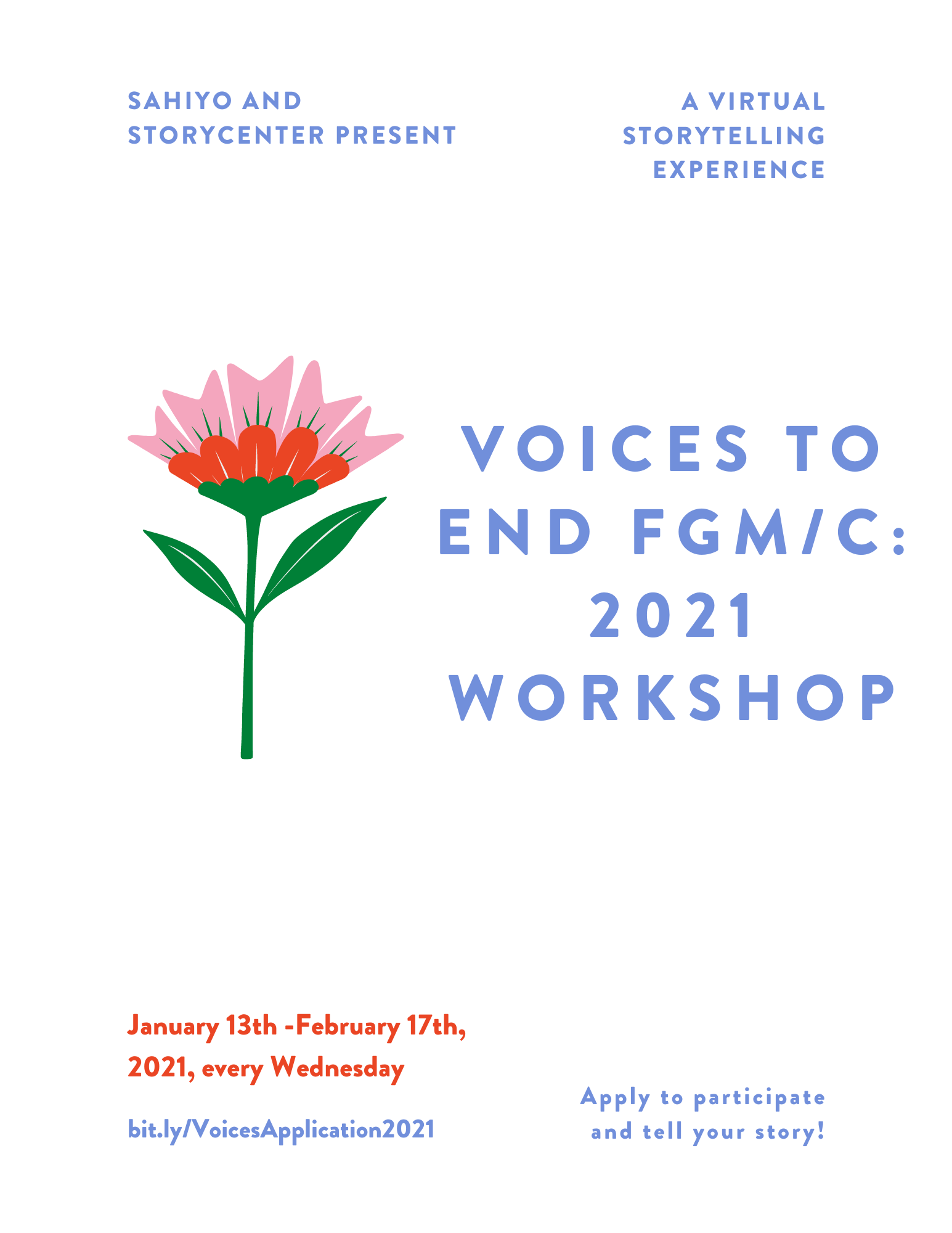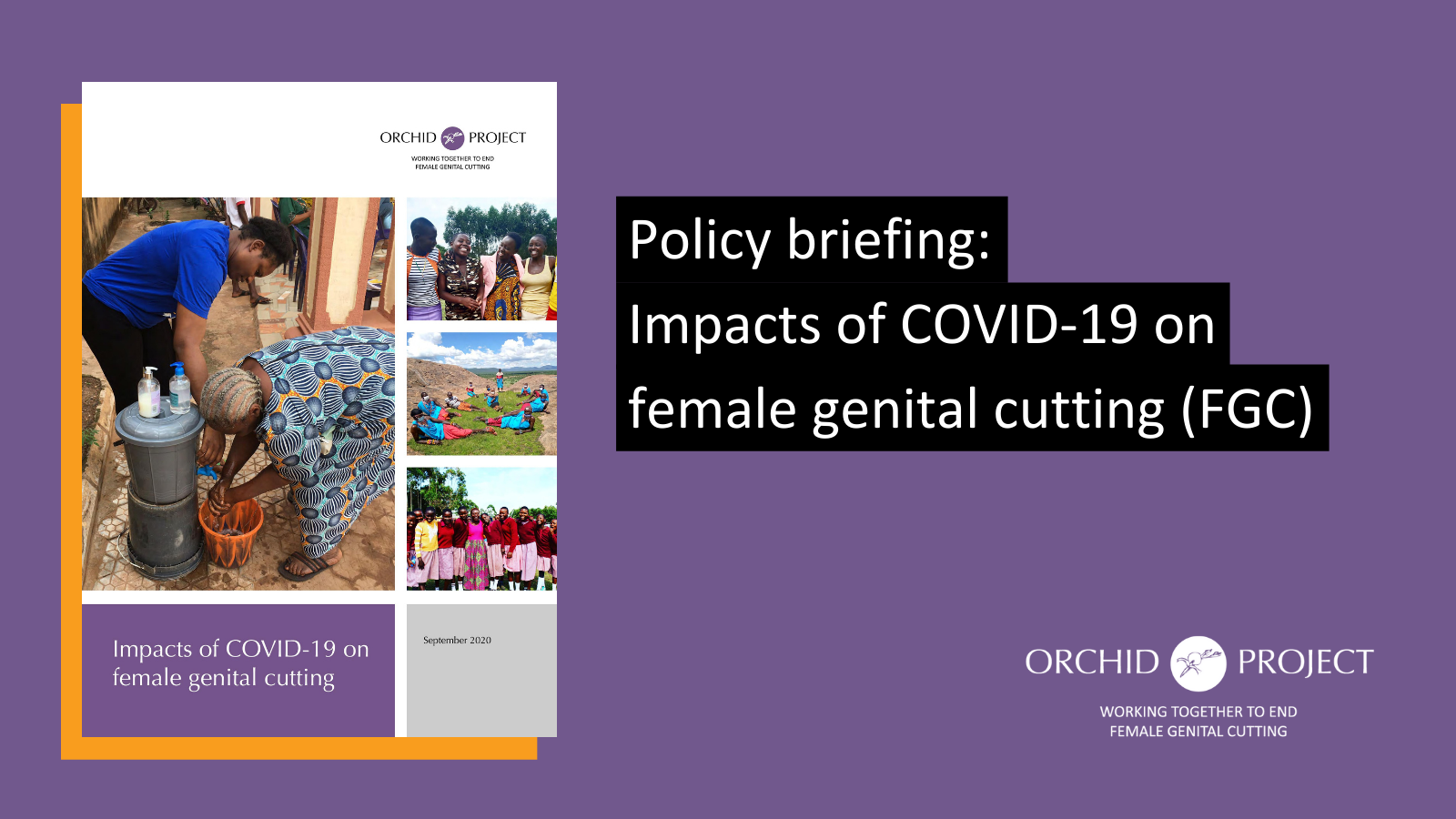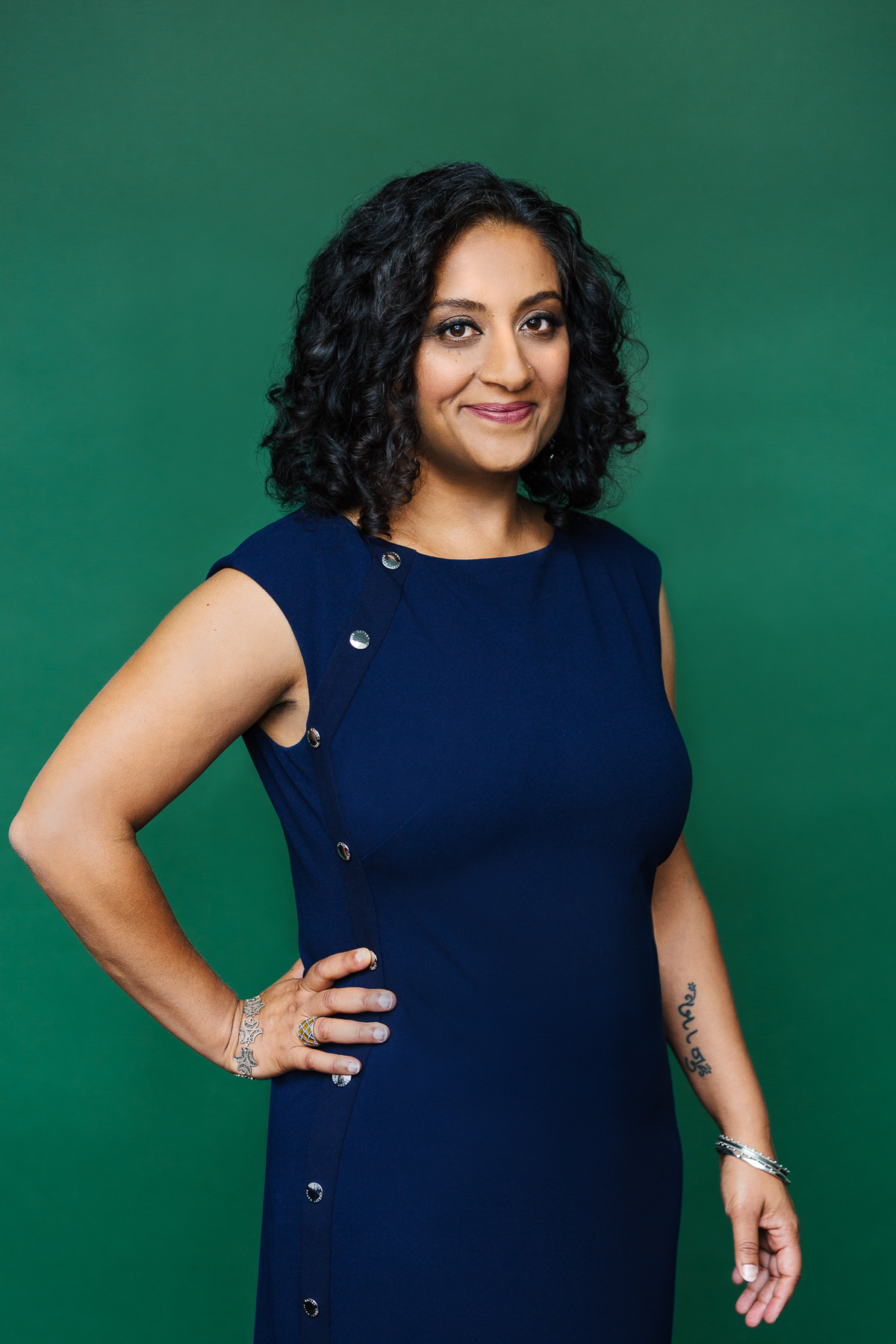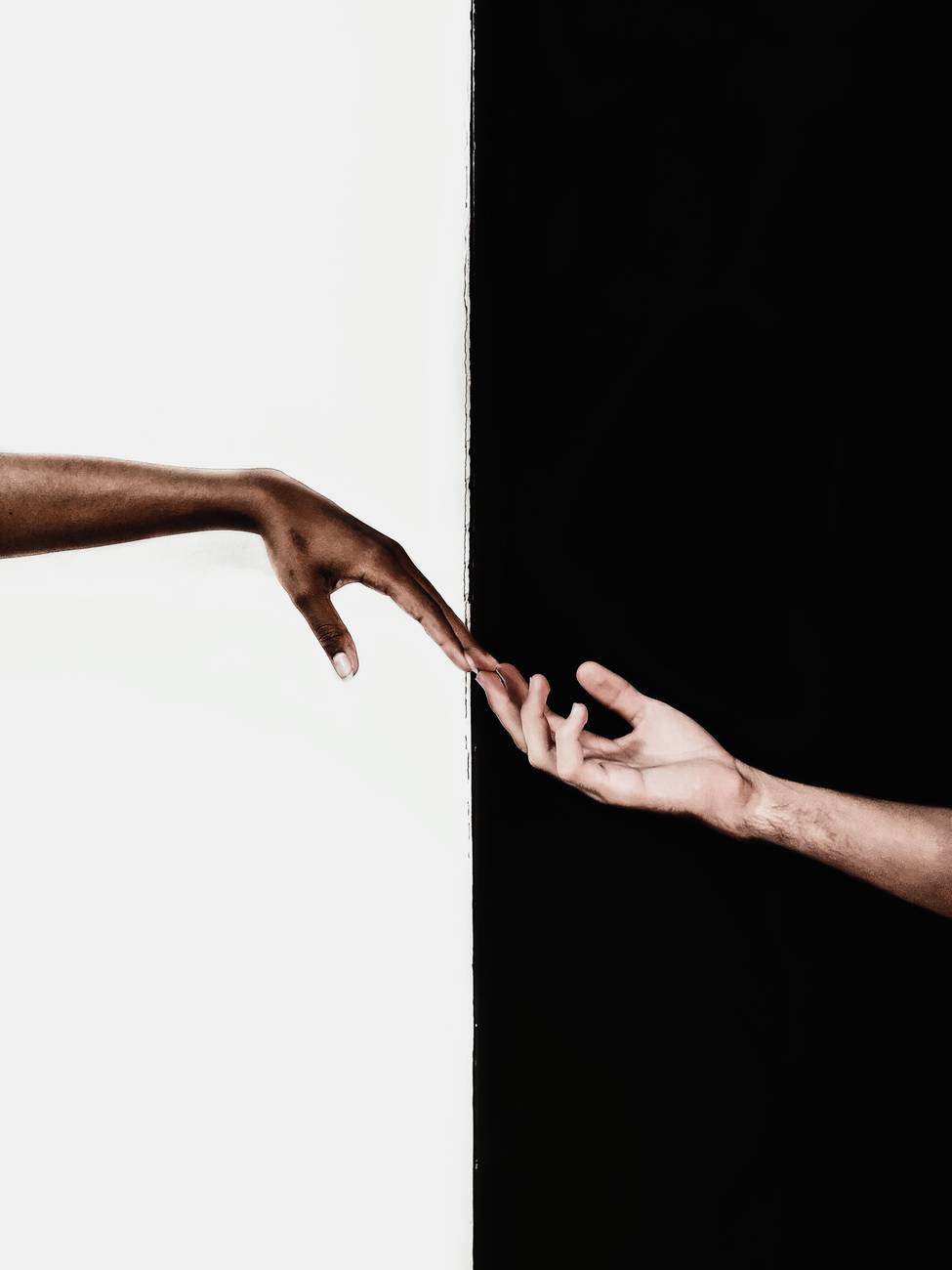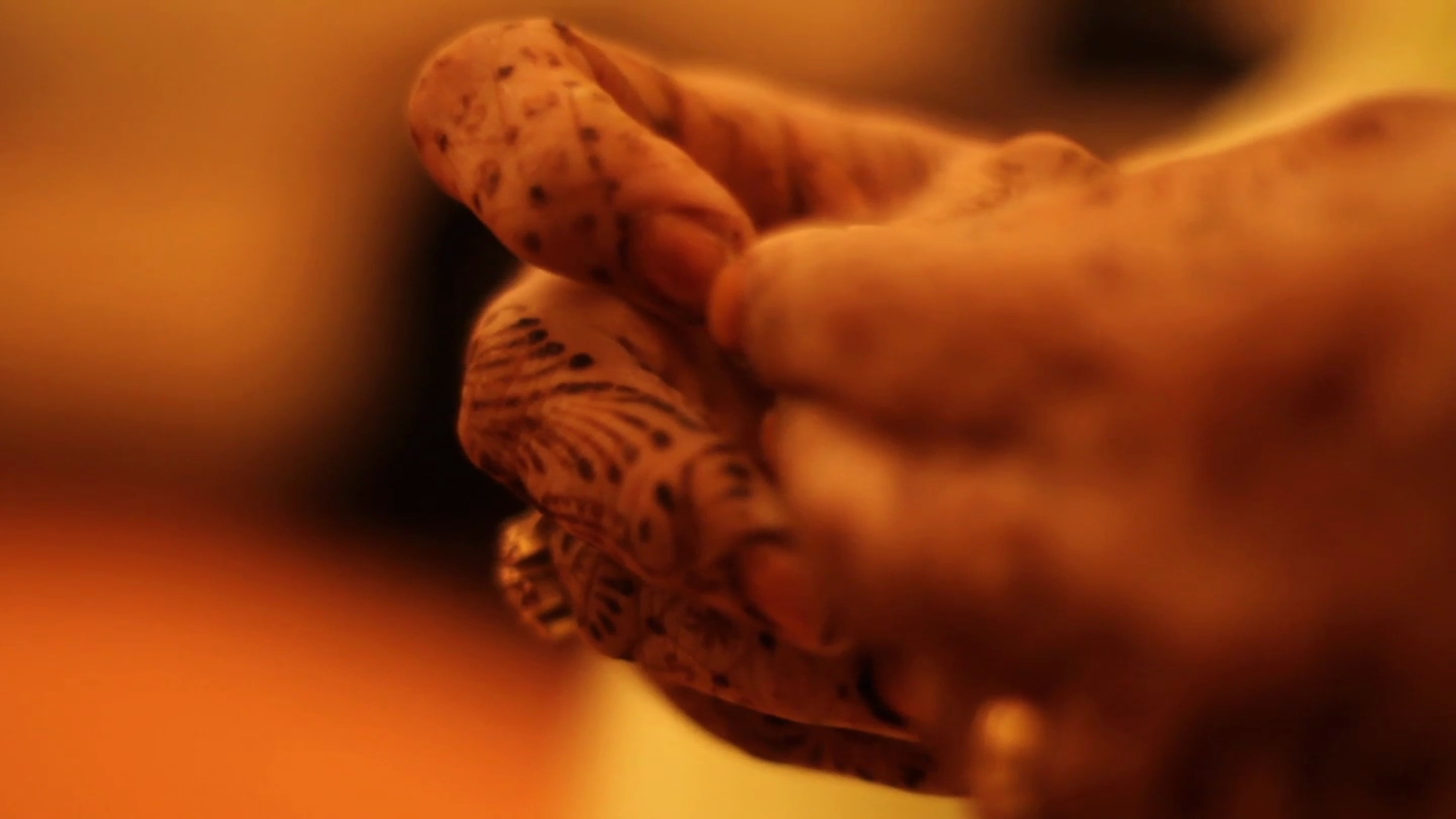Dear Maasi is a column about everything you wanted to know about sex and relationships but were afraid to ask! It’s a partnership between Sahiyo and WeSpeakOut, and is for all of us who have questions about khatna (female genital mutilation/cutting or FGM/C) and how it impacts our bodies, minds, sexualities and relationships. We welcome you to submit your anonymous questions.
Dear Maasi,
I’m 26 and have had three serious relationships in my life (two guys, and most recently with a woman). I like intimacy, but penetration (with anything) often hurts. I sometimes have avoided sex altogether and this has caused tension in my relationships. I saw a doctor who said everything ‘down there’ was normal. But honestly, I feel really abnormal.
I had khatna, and I’m wondering if it had an impact on me. But this makes no sense to me because they cut my clitoral hood—they didn’t harm my vagina, right?
—Freaked-Out Fatema
Dear Fatema,
First off—I want you to know that everything you’re talking about is normal, and not uncommon.
There are many reasons why penetrative sex can hurt, including dryness due to hormones, vaginal infections, injuries, and conditions such as pelvic inflammatory disease, fibroids or endometriosis.
Other common reasons for pain are vaginismus (where the vaginal or pelvic floor muscles spasm or clench upon penetration) or vestibular vulvitis (inflammation around the nerves around the vaginal opening). These can be linked to trauma. More on this in a bit.
I recommend that you get a second medical opinion. Many doctors are not comfortable with sexuality, and as a result, are not thorough enough in their assessments. Look for one who has experience with sexual difficulties. I highly recommend listening to Episode One of the Bodies Podcast for a deeper dive into this issue.
As for your question regarding the links between khatna and your pain, khatna does involve cutting the clitoral hood, and sometimes also the clitoris, rather than the vagina. Still, there is research to suggest that this cut can affect sexuality: in a Sahiyo survey conducted in 2017, 35% of respondents reported that FGC had affected their sex life, and of those, 87% felt that it had been impacted negatively. In a 2018 WeSpeakOut study, nearly 33% of respondents said the same. I highly recommend reading some of their quotations that describe pain, triggers, and trauma (pages 47-60) — it might feel validating.
Trauma is the outcome of a distressing event that overwhelms our ability to cope and make sense of the experience. Most survivors describe khatna as a distressing, confusing and painful experience that sometimes involves a significant amount of denial, gaslighting or lies from older, trusted relatives.
I’d say khatna fits the definition of trauma.
Our minds and bodies can hold trauma in ways that sometimes feel indirect or confusing. Take a look at this comic to understand what I mean. It makes sense to me that our vulvas and vaginas might hold tension from khatna. Speak to a trauma-informed therapist to understand if khatna might have impacted you in this way.
Fatema, I want you to know that it’s possible to recover and heal from this. You have a right to a pleasure-filled sex life!
—Maasi
About Maasi, aka Farzana Doctor:
Farzana is a novelist and psychotherapist in private practice. She’s a founding member of WeSpeakOut and the End FGM/C Canada Network. She loves talking about relationships and sexuality! Find out more about her at www.farzanadoctor.com.
Order her newest novel, SEVEN, which addresses women’s relationships, sexuality, infidelity and khatna within the context of the Dawoodi Bohra community.
Disclaimer: While Farzana is full of good advice, this column won’t address everyone’s individual concerns, and should not be used as a substitute for professional medical or psychological care.
Read the Gujarati version here, and the Hindi version here.


